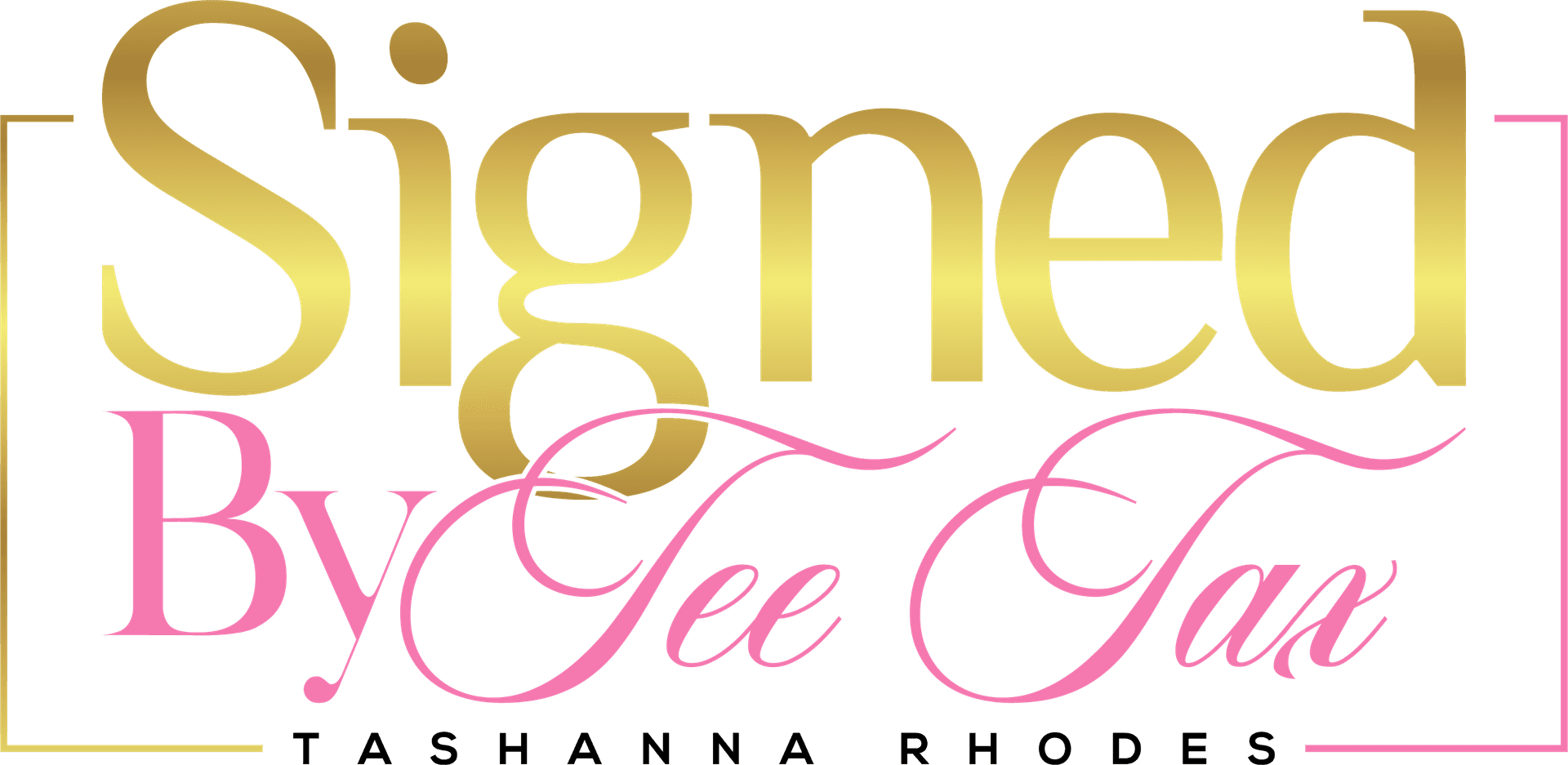How to Choose the Right Tax Professional for Your Needs
Understanding Your Needs
Before diving into the selection process, it's crucial to understand your specific tax needs. Are you an individual looking for simple tax filing assistance, or do you own a business requiring more complex tax planning and strategy? Identifying the complexity of your financial situation will help narrow down the list of potential tax professionals.
Take into account your long-term financial goals. If you're planning major life changes such as starting a business, buying property, or saving for retirement, a tax professional with expertise in these areas can offer valuable guidance. Your unique circumstances should guide your selection process.

Types of Tax Professionals
There are several types of tax professionals available, each offering different services. Understanding these differences can help you choose the right one:
- Certified Public Accountants (CPAs): CPAs are highly qualified professionals who can offer tax preparation, planning, and financial advising.
- Enrolled Agents (EAs): EAs are federally-authorized tax practitioners who specialize in taxation and can represent taxpayers before the IRS.
- Tax Attorneys: These professionals are ideal if you need legal guidance or representation in complex tax matters.
- Tax Preparers: They focus on filing tax returns but may not offer comprehensive financial advice.
Experience and Expertise
When choosing a tax professional, consider their level of experience and areas of expertise. It's essential to select someone who has handled similar cases before. For instance, if you're a small business owner, seek out a CPA or EA with a proven track record in managing small business taxes. Ask for references or case studies to verify their experience.
Additionally, consider whether they stay updated with the latest tax laws and regulations. Tax laws change frequently, and a knowledgeable professional should be committed to continuing education. This ensures they can provide the most current and effective advice for your situation.

Assessing Reputation and Credentials
A professional's reputation can speak volumes about their service quality. Research reviews and testimonials from past clients to gauge their satisfaction levels. You can also check their standing with professional organizations such as the American Institute of CPAs (AICPA) or the National Association of Enrolled Agents (NAEA).
Verify their credentials and ensure they're licensed or certified by relevant authorities. This not only guarantees their expertise but also ensures they adhere to ethical standards. A reputable tax professional should be transparent about their qualifications and memberships.

Communication and Availability
The ability to communicate effectively with your tax professional is vital. During your initial consultation, assess how well they explain complex tax matters. A good tax professional should simplify jargon and make you feel comfortable asking questions.
Availability is another key factor. Tax issues can arise unexpectedly, and having a professional who is accessible when needed can be invaluable. Discuss their preferred communication methods (e.g., email, phone, in-person meetings) and response times to ensure they match your expectations.
Cost Considerations
While cost should not be the sole determining factor in your decision, it's important to understand how fees are structured. Some professionals charge a flat rate for specific services, while others bill hourly. Request a detailed breakdown of costs to avoid any surprises later on.
Keep in mind that investing in a competent tax professional can lead to significant savings in the long run by optimizing your tax strategy and ensuring compliance with regulations. Weigh the costs against the potential benefits to determine what's reasonable for your budget.

Making Your Decision
After gathering all necessary information, take time to evaluate your options. Consider how each candidate aligns with your needs, budget, and expectations. Trust your instincts—choosing a tax professional is not only about finding someone technically skilled but also someone you feel comfortable working with over time.
Once you've made your decision, establish a clear agreement outlining the scope of services and fees. This will set the foundation for a successful partnership that supports your financial well-being.
